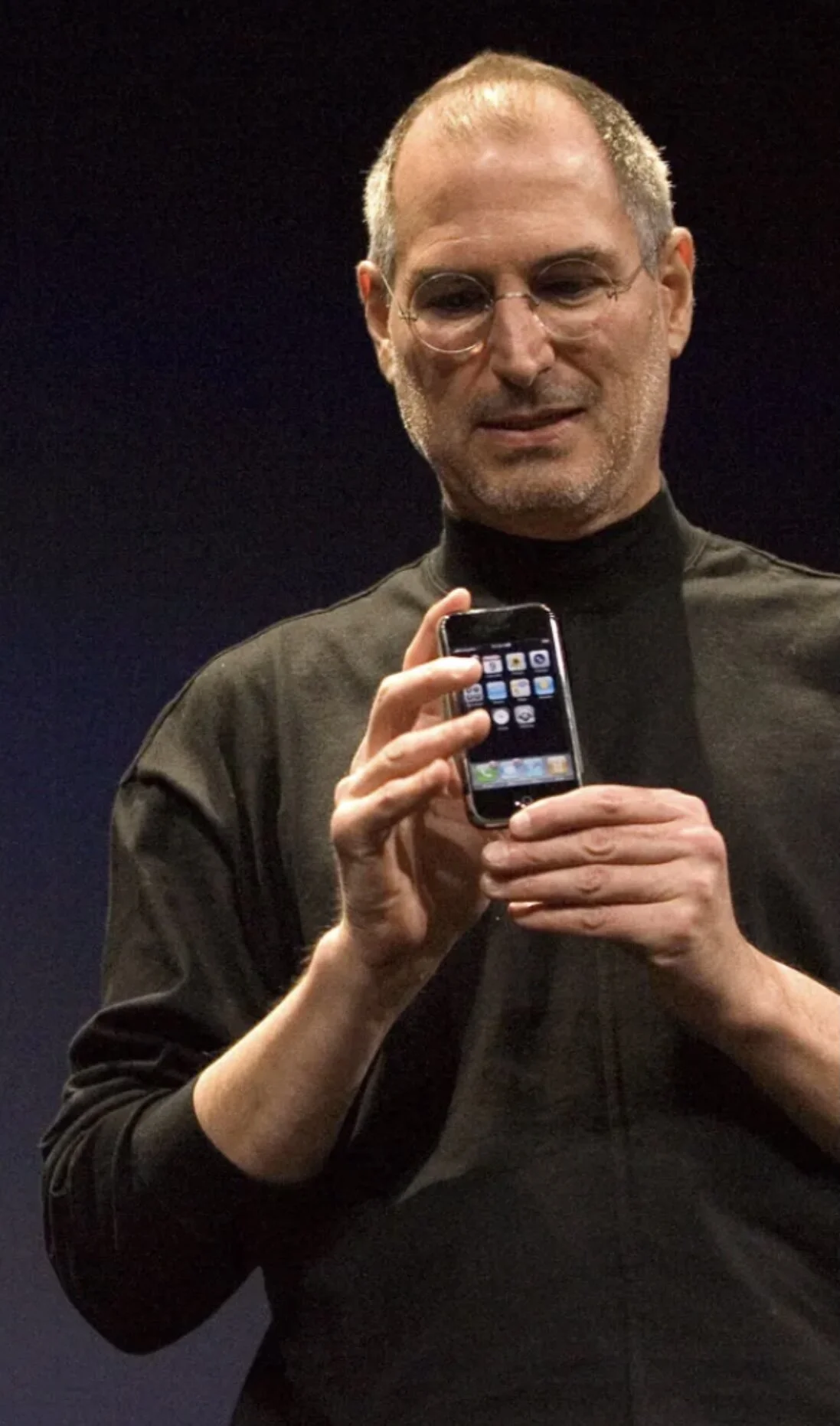My Real Job
Poker is sort of…gone at the moment. For me anyway. I’m not sure when the world will feel like a place that’s safe to go into someone’s basement again for my (old) favorite pastime. (That sounded very dark. I mean poker, Mom.) And when it does, I’m not sure I’ll remember how to, or even want to, sit around and play.
But, I pay for this site, I own it, and I’m going to memorialize the thoughts that are in my brain right now about my real, actual day job. For some of you, you have no idea what that is. “Computer Stuff”. Or, “Aren’t you like, a CPA or something?” Or, to my youngest niece, “I don’t know, I thought you gambled for a living.”
So, on to the main event. No, not that main event. Here comes Colton the…computer accounting IT something guy.
Disclaimer: you may not understand some jargon in here. That’s ok - this is for me, not you. But, maybe you’ll empathize with the emotional tone of the whole thing. Very profound stuff.
——-
So, you want to be a software developer? You’ve marveled at Steve Jobs presenting the iPhone, watched Social Network five times and dreamt of being in the dorm with Mark, and imagined ringing the bell on Wall Street when your vision turns you instantly into a millionaire. You know you have it all - creativity, outside the box ideas, and oh yeah, you can code your ass off.
Get ready to fail. A lot.
The “software development lifecycle” that you might have read about in textbooks or heard mentioned in a keynote at a Microsoft conference is about the dullest of content for someone like you. And why would it be? None of your heroes that inspired you into this line of work ever mentioned this in their Ted talks. Sure, you understand the long hours that are standard in this space, but you love the feeling of seeing a green check mark next to that morning’s deployment. You’re not scared of hard work.
What you missed when you were nodding off during the explanation of the SDLC though is that the process as a whole is not a smooth bell curve. The time split between creating something new, testing it, and users successfully (and happily) using it is not split evenly. Not even close.
The reality is that only a fraction of the time being a software developer is spent at the whiteboard creating. From there, you go into an also surprisingly small piece of this pie spent coding. So how is the rest of your time spent? The gigantic depression slice of midnight pie in the SDLC?
Congratulations, you are now nothing more than a call center.
There’s a funny irony that’s built into being at the center of the design of a new piece of software. There is no one, at least not until AI takes over and we are all one hive mind, that can truly know what was inside your brain when you wrote out that code. Your users, your team of junior support personnel, your supportive managers that cheered your ideas and funded your initiative - no one will be able to troubleshoot questions or bugs quite like the almighty Creator.
And all those people I just mentioned? The people that gave you that standing ovation when you launched your innovative new solution? Those people will not remember standing you for that day. Heck, they may not remember being there at all (and many of them probably weren’t - turnover is a real thing).
The harsh reality is that those same people will quickly turn into some of your harshest critics. Not…intentionally, mind you. But they’re human beings. When they stood and cheered - it was easy. It was the shiny new object phenomenon. Now, there’s real production data in there. It’s not shiny anymore. There are real tangible stakes to your solution working not 70% of the time, not for 80% of their issues, but for all of it.
And that’s when it flips. When this process started, and you were the one with the bright ideas in front of the whiteboard, your users were excited, intrigued. They’d never seen or even imagined what you put in front of them. Now? They’re the ones with all the ideas on how to make your solution work better for them.
You’re no longer the creator. The innovator. You simply become the facilitator.
So - you want to get into software development? You want to design the next big thing?
My advice? Get used to feeling like a failure, an underachiever, constantly disappointing people around you. Because that’s the reality of this life - that standing ovation will seem like a distant memory.
——
The end. Back to binge watching Netflix or stress eating after doom scrolling the social media of your choosing. Thank you for reading this far, if you did. If not, well, I’ll get a kick out of seeing an extra page view on this anyway.
Peace,
Colton

